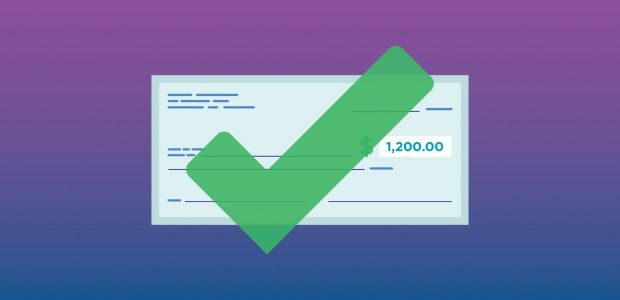Stimulus Check: What to Expect From the Third Economic Impact Payment
The IRS and the Treasury Department will begin issuing a third round of Economic Impact Payments, often referred to as stimulus payments, starting March 12th 2021. Some Americans may see the direct deposit payments as pending or as provisional payments in their accounts before the scheduled payment date. The payments will be distributed automatically, with no action required for most people. Starting this week you can check on the status of your stimulus check.
Visit our Coronavirus FAQ webpage for more answers to common stimulus check questions.
Who is eligible?
Most tax filers with adjusted gross income up to $75,000 for individuals and up to $150,000 for married couples filing joint returns will receive the full payment. For filers with income above those amounts, the payment amount is reduced by the $75,000/$150,000 thresholds.
What will I receive?
Eligible taxpayers who filed tax returns for either 2019 or 2020 will automatically receive an economic impact payment of up to $1,400 for individuals or $2,800 for married couples and up to $1,400 for each qualifying dependent.
What do I need to do?
The majority of people will not need to take any action. The IRS will calculate and automatically send the economic impact payment to those eligible.
For people who have already filed their 2020 tax returns, the IRS will use this information.
If you have not received your full payment by the time you file your 2020 tax return, you may claim the Recovery Rebate Credit on your tax return.
How will I receive it?
The economic impact payment will be deposited using direct deposit into the bank account specified on the filers 2019 or 2020 return.
In the event that the filer did not elect to use direct deposit for their return a check or EIP Debit Card will be mailed to their address of record.
Be Aware of Stimulus Check Scams
It is very important to be wary of emails, texts, calls, or other correspondence relating to your COVID-19 government stimulus check. Any emails, texts, or calls are not legitimate. They might promise faster delivery or ask to verify personal or banking information – the government will NOT do this. To learn about other COVID-19 scams to look out for and how to report them you can read NBSB’s “North Brookfield Savings Bank’s COVID-19 Scams & Fraud Awareness” article.






